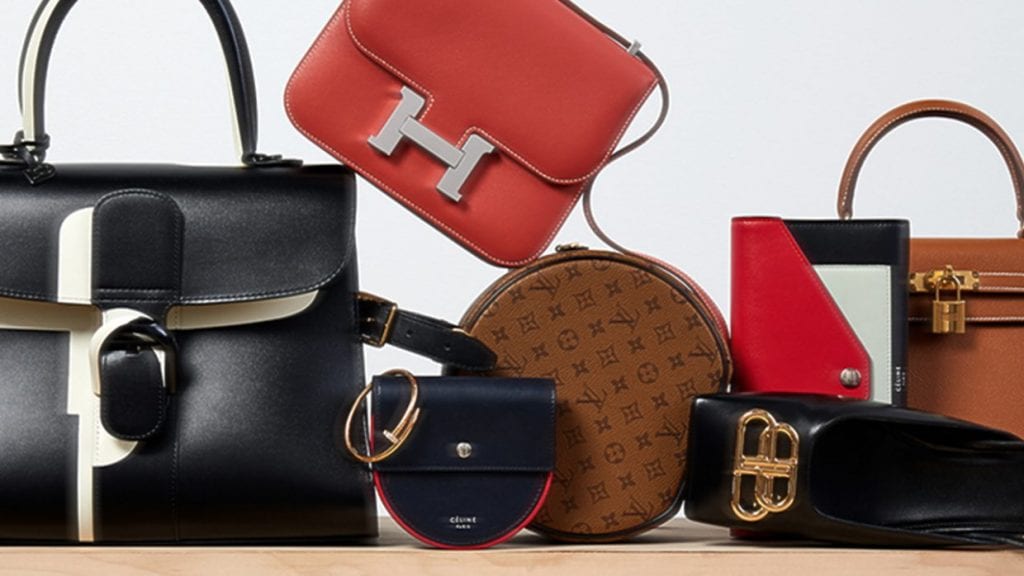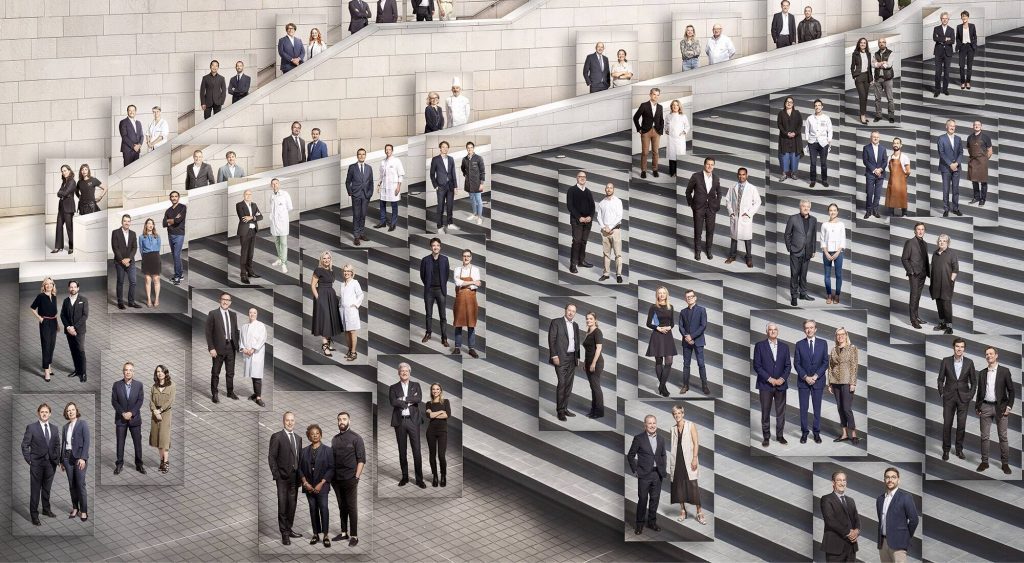Boston Consulting Group has reworked its estimate of the what the impact of COVID-19 will be for luxury goods sales, upping its initial figures of $32 to $43 billion in lost sales for 2020 to $85 and $120 billion for the year. The global management consulting firm further projects that taken together, the fashion and luxury sectors, will be down by between $450 and $600 billion in sales, as brands and retailers are being hit by upended supply chains and drastically slashed consumer spending.
Such projected damage to brands’ bottom lines and to the fashion and luxury markets, as a whole, poses a challenge that is “even greater than the 2008 recession,” investment research and management consultancy Bernstein revealed recently, stating that the first half of 2020 is “likely going to be the worst in the history of the modern luxury goods industry.”
While Boston Consulting Group asserts that the projected 29 percent drop in sales in the luxury segment “is also a bigger drop than the one suffered by the industry during the 2008 recession,” BCG’s global sector leader for fashion and luxury Javier Seara told Vogue Business that there are some key differences between the 2008 recession and the COVID-19 pandemic that are worthy of attention.
“The previous recession was not a consumer crisis, but a financial crisis,” Seara says, noting that “what we are living through right now is more deeply and drastically on a human dimension, it has to do with existential anxiety more than financial anxiety.” This means that while the 2008 recession “spared a large part of the wealthier class, wreaking havoc on the middle and lower classes,” Coronavirus is “denting consumer confidence at every income bracket.”
The pandemic “has caused a financial shock that has hurt consumer sentiment and demand [across the board],” Sarah Willersdorf, who is the head of luxury at BCG, told the Financial Times. “To this you have this added uncertainty in the market about the crisis, disruptions to manufacturing, and prolonged store closures which you didn’t have in 2008.” In terms of store closures, alone, BCG says that brands’ revenues are expected to drop between 25 percent and 35 percent this year as a direct result.
“Some regions will be more heavily affected than others, depending on the strength of their economies, the severity of outbreaks, and how much they rely on tourist sales for fashion and luxury sales,” the group said, pointing to a whopping 85 percent drop in “industry sales” in China in the span of two months, and sales in countries like Italy, France and Spain, which have fallen as much as 95 percent.
Meanwhile, in China, which appears to be emerging from the depths of the pandemic, “Customers are already going back to shopping; we see a fast recovery of the willingness to buy and of the Chinese consumer confidence,” says Federica Levato, partner at Bain & Company, which expects the luxury goods market will shrink between 15 and 35 percents this year, per Bloomberg.
As for southern Europe and the U.S., the turnaround is not expected to be so swift. “BCG sees China recovering faster and more positively than all other regions, reaching a 5 to 10 percent decline in sales in December compared to the 15 to 20 percent decline expected in southern Europe,” according to Vogue Business. Meanwhile, for the U.S., in a best-case situation, retail sales are expected to be down by “at least 10 percent” in December 2020, compared to sales in December 2019 per BCG, but even then, Bain asserts that renewed demand in 2020 “won’t make up for the missed sales at the start of the year,” meaning that “the pandemic’s impact will probably stretch into 2021.”











